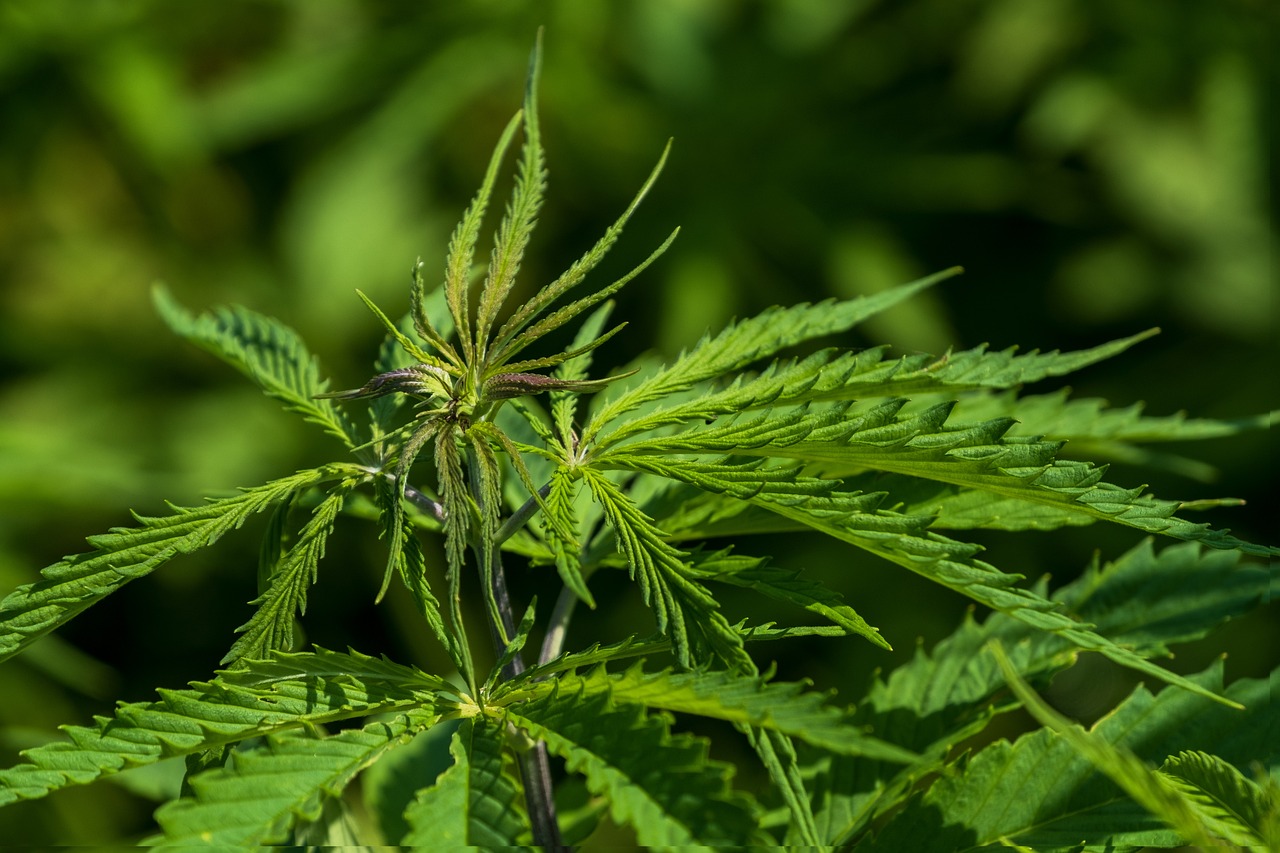The cannabis industry has long been dominated by the pursuit of high THC content, the compound responsible for the psychoactive effects of marijuana. However, a new player is emerging in the market: THCA, or tetrahydrocannabinolic acid. This non-psychoactive cannabinoid is gaining attention for its potential health benefits and unique properties. This article explores the potential of THCa flower for anxiety its benefits, and its growing popularity.
Understanding THCA
THCA is the acidic precursor to THC. Found in raw and live cannabis plants, it converts to THC through a process called decarboxylation, which occurs when the plant is exposed to heat. Unlike THC, THCA does not produce a high, making it an attractive option for those seeking the therapeutic benefits of cannabis without the psychoactive effects.
Potential Health Benefits of THCA
Research into THCA is still in its early stages, but preliminary studies and anecdotal evidence suggest several potential health benefits:
- Anti-inflammatory Properties: THCA may help reduce inflammation, making it a potential treatment for conditions like arthritis and lupus.
- Neuroprotective Effects: Some studies indicate that THCA could protect against neurodegenerative diseases such as Alzheimer’s and Parkinson’s.
- Anti-emetic Properties: THCA may help alleviate nausea and vomiting, which could benefit patients undergoing chemotherapy.
- Appetite Stimulation: Like THC, THCA may stimulate appetite, offering potential benefits for those with eating disorders or undergoing treatments that suppress appetite.
The Rise of THCA Flower
As interest in THCA grows, so does the demand for THCA-rich products. THCA flower, in particular, is becoming increasingly popular among consumers looking for a non-psychoactive cannabis experience. This trend is driven by several factors:
Legal Considerations
In many regions, THCA is not classified as a controlled substance, making it more accessible than THC. This legal distinction allows consumers to explore the benefits of cannabis without the legal hurdles associated with THC.
Consumer Preferences
Many consumers are seeking cannabis products that offer therapeutic benefits without the high. THCA flower provides an option for those who want to incorporate cannabis into their wellness routine without the psychoactive effects.
Product Innovation
The cannabis industry is constantly evolving, with new products and innovations emerging regularly. THCA flower is part of this wave of innovation, offering consumers a fresh way to experience cannabis.
Case Studies and Real-World Examples
Several case studies and real-world examples highlight the potential of THCA flower:
- Patient Testimonials: Many patients report positive experiences using THCA for conditions like chronic pain and inflammation. These testimonials provide valuable insights into the potential benefits of THCA.
- Clinical Trials: While research is still limited, some clinical trials are exploring the effects of THCA on various health conditions. These studies could pave the way for more widespread acceptance and use of THCA.
- Market Trends: The growing popularity of THCA products is reflected in market trends, with an increasing number of companies offering THCA-rich products to meet consumer demand.
Challenges and Considerations
Despite its potential, THCA flower faces several challenges:
Limited Research
The lack of extensive research on THCA means that much of its potential remains unexplored. More studies are needed to fully understand its benefits and applications.
Regulatory Hurdles
While THCA is not classified as a controlled substance in many areas, regulatory hurdles still exist. Navigating these regulations can be challenging for producers and consumers alike.
Consumer Education
Educating consumers about the benefits and uses of THCA is crucial for its widespread adoption. Many people are still unaware of THCA and its potential, highlighting the need for increased awareness and education.
The Future of THCA Flower
The future of THCA flower looks promising, with several factors contributing to its potential growth:
- Increased Research: As more research is conducted, the understanding of THCA’s benefits and applications will continue to grow.
- Regulatory Changes: As regulations evolve, THCA may become more accessible to consumers, further driving its popularity.
- Consumer Demand: The demand for non-psychoactive cannabis products is likely to continue growing, providing opportunities for THCA flower to thrive.
Conclusion
THCA flower represents a new frontier in the cannabis industry, offering potential health benefits without the psychoactive effects of THC. As research progresses and consumer awareness grows, THCA could become a staple in the wellness routines of many. The future of THCA flower is bright, with opportunities for innovation and growth on the horizon.
